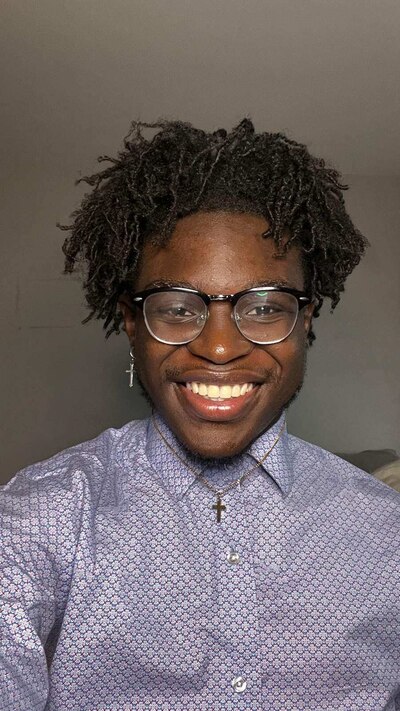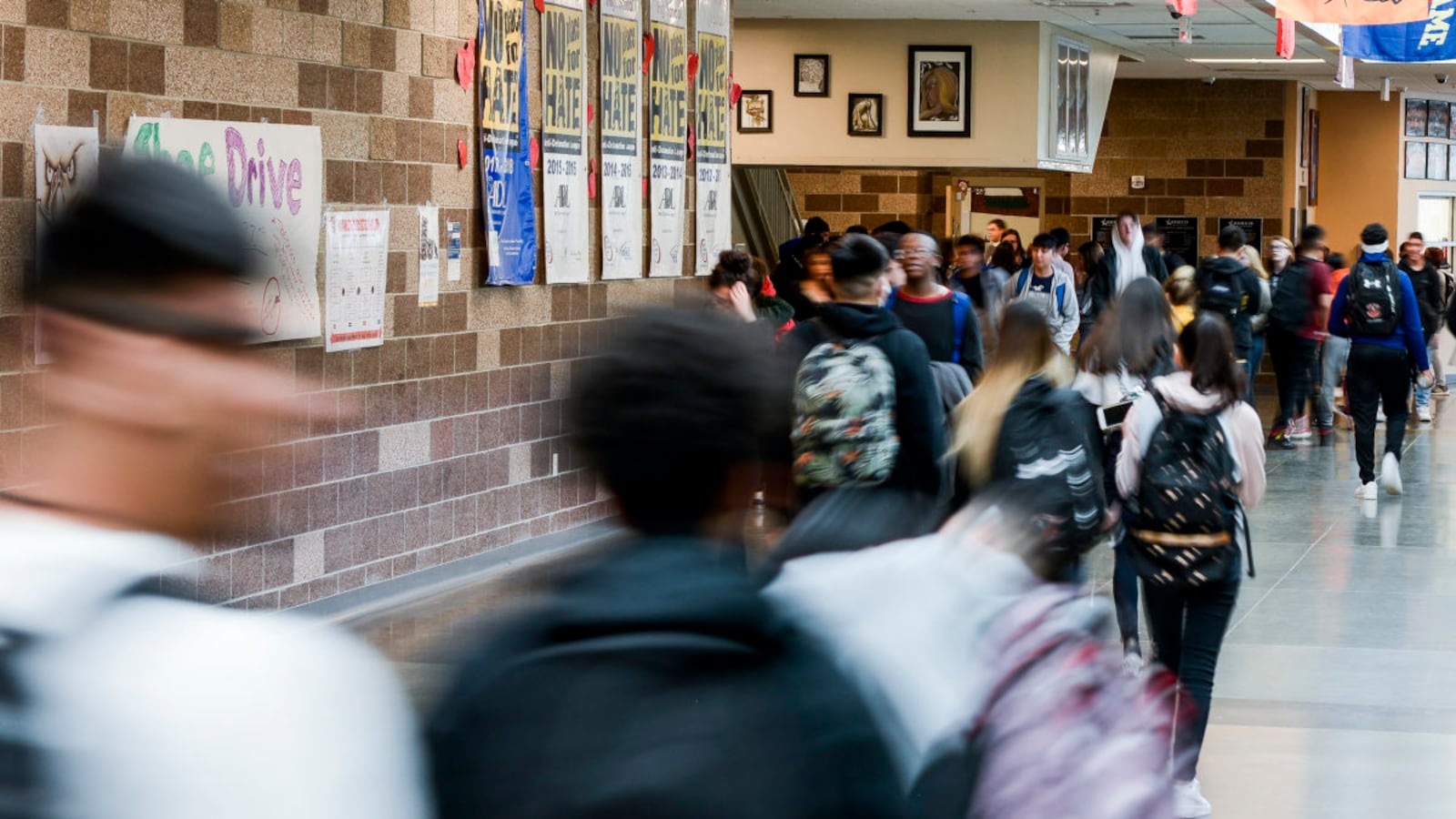I’ve been code-switching since I was 5. Back in kindergarten, when I wanted something from my teacher — a sticker, say, or an extra prize — I would raise my voice to the highest pitch my vocal cords would allow, tilt my head, and twinkle my eyes. After receiving the sticker or prize, I could relax and talk to my friends with my natural voice, which is lower.
My younger self couldn’t tell you then what code-switching meant, only that I realized that altering my voice and demeanor endeared me to my teacher.

Code-switching, a term coined in the 1950s by the linguist Einar Haugen, refers to the process of moving between languages and dialects. More recently, researchers writing in the Harvard Business Review defined code-switching as changing one’s language, mannerisms, or appearance to “optimize the comfort of others in exchange for fair treatment, quality service, and employment opportunities.”
In the U.S., the onus of code-switching (and making others comfortable) often falls on people in marginalized communities who are expected to talk and act like people in power — very often, white people. Code-switching is just one facet of an uphill battle marginalized communities face trying to survive in a society not made for us. Back in kindergarten, it seemed like a harmless way to get rewards from my teacher; now, as I near adulthood, it feels like a necessary tool just to get by in certain situations, like at school.
I am a senior at The Brooklyn Latin School, one of New York City’s specialized high schools where admission is based on a single test; Black and Hispanic students, who make up about 65% of all city students, are chronically underrepresented at these elite schools. Before high school, I attended schools that enrolled primarily Black and Hispanic students. Even with Latin being among the most diverse of the specialized schools, Black and Latino students still make up 12% and 11% of students, respectively.
When I got to Latin, I subconsciously began to speak in a higher-pitched voice at school and made sure not to let any African American Vernacular English, sometimes called Ebonics, slip into my speech. I began to assume that to get ahead, I needed to “act white” in a society that privileges whiteness.
Code-switching also carried me through my interviews and internships. In professional settings throughout high school, I hewed closely to the mannerisms of the person in charge; more often than not, these people were white. I tried to blend in.
The switch back and forth has become so natural that my friends and I joke about it. After an interaction with school staff, for example, I immediately relax, resting my shoulders and returning to a comfort zone among others who are also familiar with what it’s like to be a Black student at an elite school.
My friend Iyatta described her experience like this: “As soon as I step into the office, I activate my telemarketer voice, refresh my vocabulary, being sure to remind myself of various formalities and await the long day ahead of me.”
She said she experienced “undeniable” benefits of code-switching because others perceive her as professional, but noted, “I will always have to outperform the mediocre majority because of the internal biases that plague our society.”
I know what she means because despite being an exceptional Black scholar who feels comfortable in his own skin, imposter syndrome has festered within me. Sometimes I feel like I have to act a certain way (and not just “be myself”) to be accepted in some settings.
The topic of code-switching brings up a lot of strong and conflicting feelings, like when college football coach Deion Sanders recently called out a Black reporter for code-switching during an interview. Some thought Sanders was out of line, while others saw him as starting a much-needed conversation in the Black community.
I see validity on both sides. I’m well aware of the burden of code-switching and the dexterity it requires, but it also makes me more aware of the identities of the people and places around me. More sympathetic, too. And it’s given me a greater understanding of who I am and my duty as a Black man to be proud of my identity, even in spaces where I’m not in the majority.
Being comfortable with who I am no matter the situation means I’m no longer insecure about pairing “good afternoon” with a firm handshake instead of a head nod and dap. Because now it doesn’t feel like I’m trying to assimilate into an environment I don’t fully resonate with; it feels like leveraging a tool of social success.
Enoch Naklen is a senior at The Brooklyn Latin School and a Chalkbeat Student Voices Fellow. He encourages young adults to have challenging conversations.


